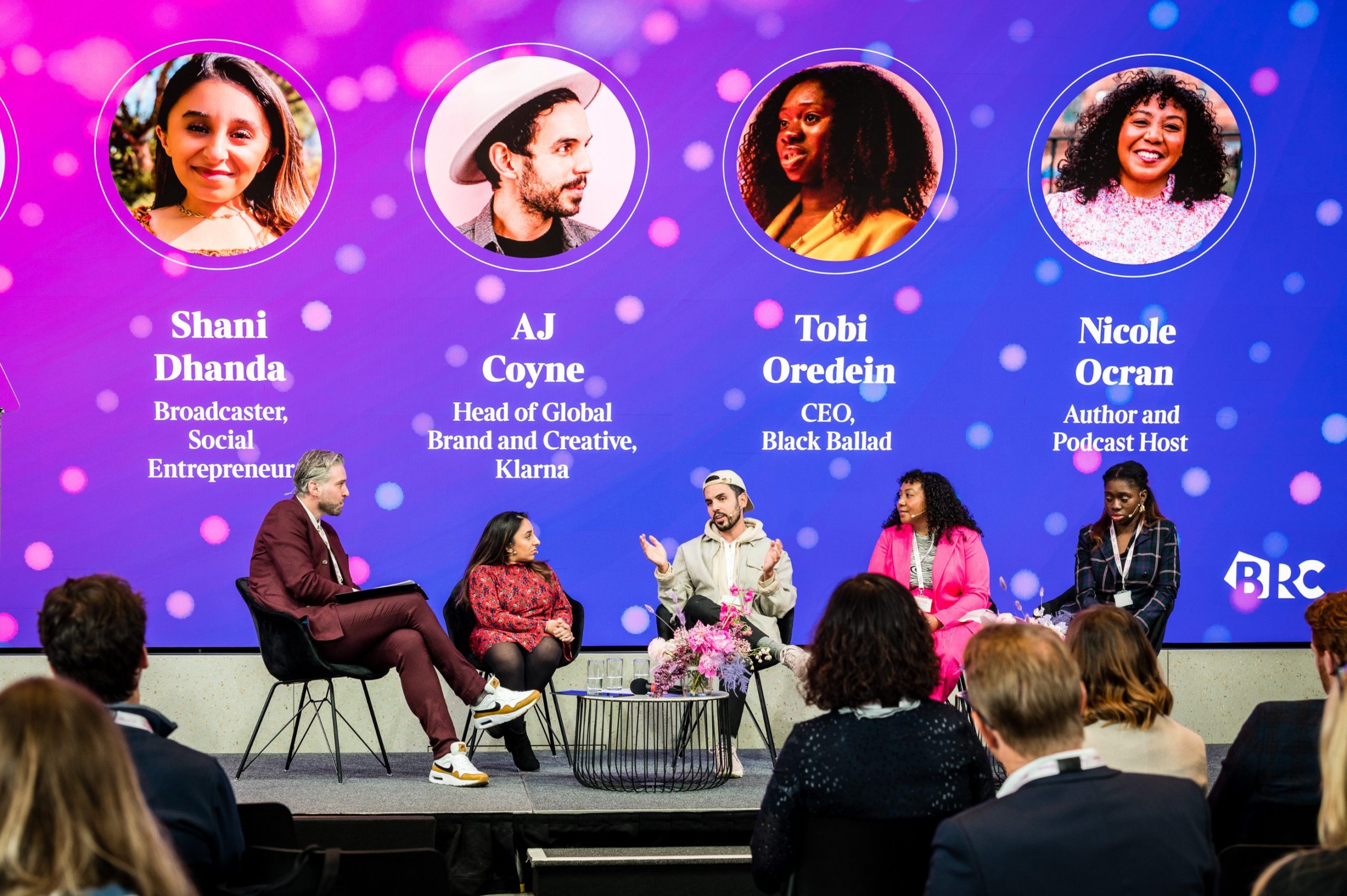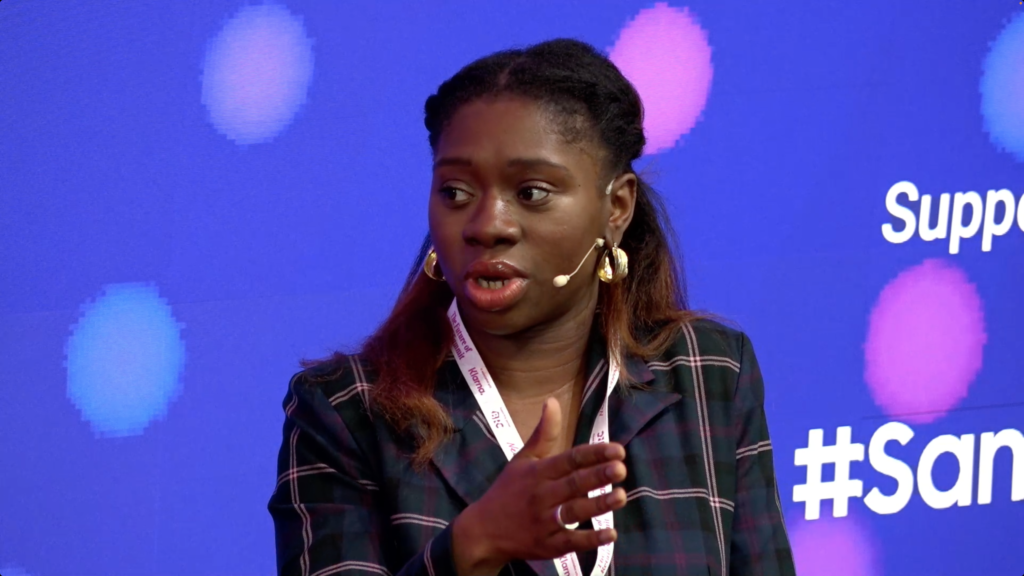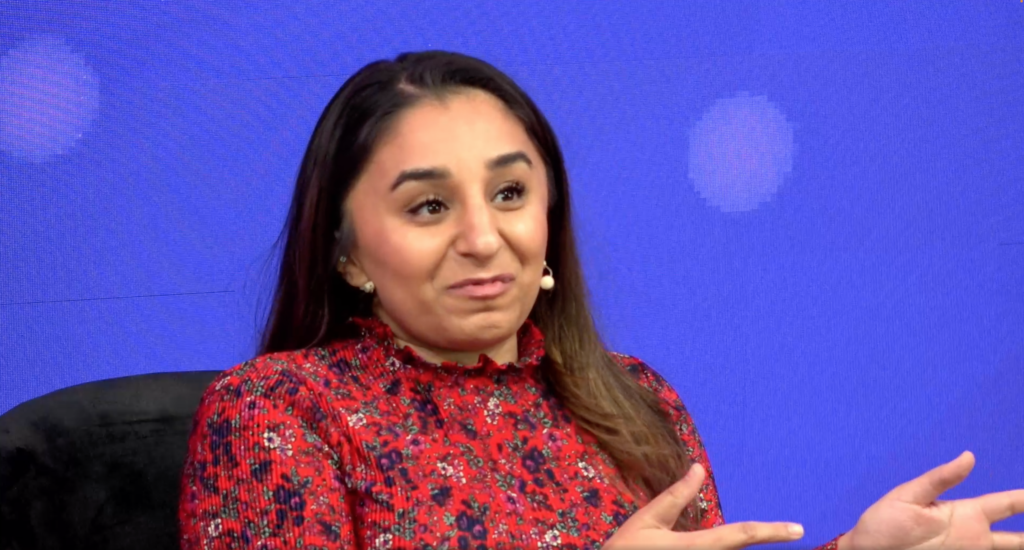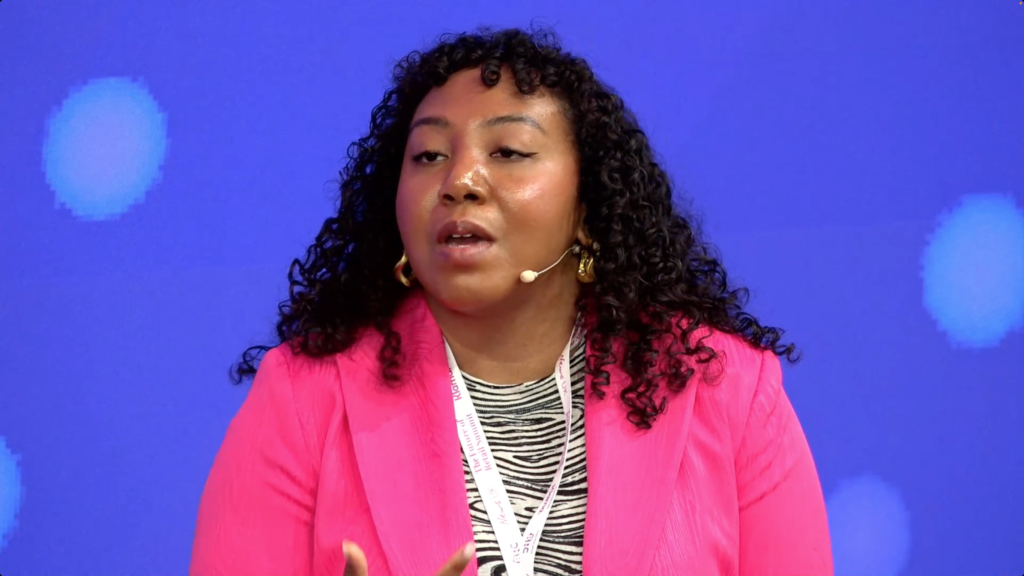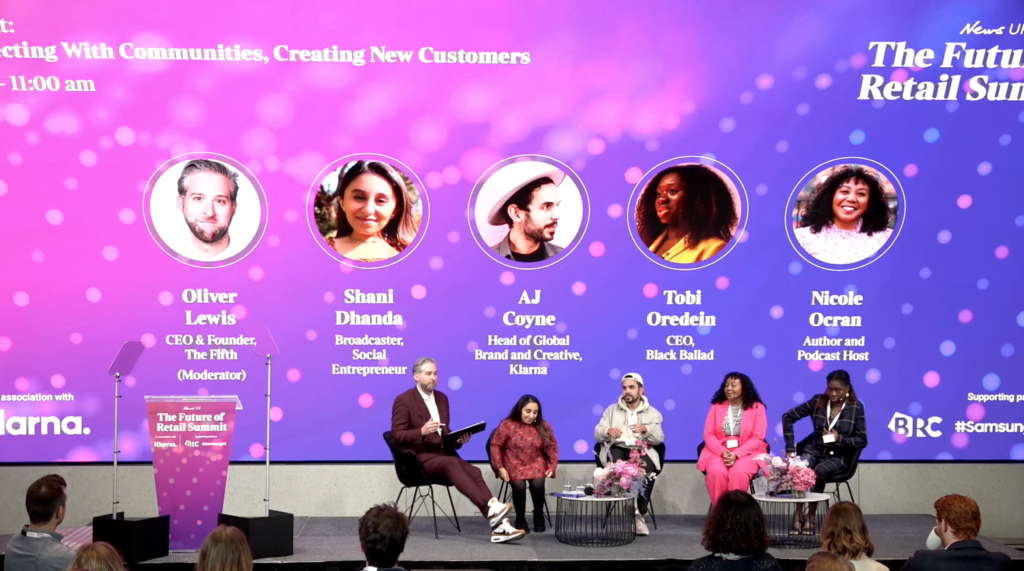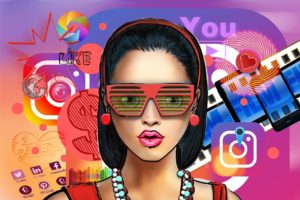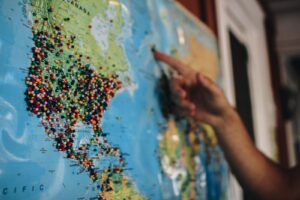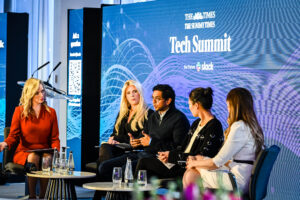The creator economy is growing fast. In influencer marketing, specifically, advertiser spend is now forecast to grow at a compound rate of circa 70% year-on-year.
This growth is not coming from celebrities, or from reality contestants who have built up social audience through fame. Actually, it is coming through niche experts, from authentic, community-driven talent.
In 2022, reaching and connecting with niche communities and audiences has never been more achievable. So why is it perhaps that we're not doing that at scale?
In a discussion at the Future Of Retail Summit, my colleague Oliver Lewis, CEO of The Fifth, asked an expert panel how brands can best work with creators representing diverse communities. Here are some highlights...
Show long-term support
Tobi Oredein is CEO and founder of Black Ballad, a data and media business offering paid subscriptions, a newsletter and events elevating Black women in the UK.
She said too many brands are not staying the course on ethnic engagement.
"When Black Lives Matter happened two summers ago, there was an influx of brands to work with us and work with other Black influencers.
"I think it was a little overwhelming at first, but now it’s died down.
"Often, brands, when they come to an audience that they see as niche or diverse, after one transaction, they expect that the audience should give a transaction back.
"That's not necessarily fair when they’ve been neglected. If you're going out with someone on the first date, you wouldn’t expect to marry them.
"Brands need to understand that, when it comes to Black audiences, where we've been so neglected, we want a brand that's going to come to us not once, not twice, but three times and continuously so we can build that engaged relationship.
"Unfortunately, from my experience, when I look at my inbox now, brands are not doing that anymore."
-- Tobi Oredein, CEO and founder, Black Ballad
Beyond 'one-and-done'
AJ Coyne is head of global brand and creative at Klarna, the online retail payments software vendor, and a former ad agency executive. Klarna also operates its own influencer marketing platform and formed an Influencer Council.
Coyne says staying the long haul is important.
"We try to work with communities and influencers over time. A great example of that is Bretman Rock. He has something like 20 million followers on Instagram. We've been working with him since he had 50,000.
"He is a Hawaiian LGBTQ advocate, fantastic human being. It's been a six-year-long relationship. We haven't left his side throughout that period."
"The same applies to when we work with different influencers in this market. It's not about a one and done. It's not about you pushing an affiliate link and us getting a bit of an ROI back. It's about 'what can we do to help your community?'"
-- AJ Coyne, head of global brand and creative, Klarna
Activists shine a light
Shani Dhanda is a disability activist, founder of Asian Disability Network, creator of the Diversability Card, TED speaker and has worked with brands including Virgin Media, Google and LinkedIn.
She says influencers from her community often have more gravitas than institutions.
"We, as disabled customers, are massively underserved ...
"Disability has higher prevalence in ethnic minority communities, compared to our white British counterparts. But I've only ever seen four disabled people of colour on my screen in 35 years.
"I don't think retailers understand that influencers have more influence than government, than charities."
-- Shani Dhanda, broadcaster and social entrepreneur
'Authenticity is consciousness'
Nicole Ocran is a fashion blogger, writer, podcast co-host and co-founder of The Creators Union.
She has worked with brands like John Lewis, and says retailers need to do more than call on the same, most-popular talent.
"I appreciate that brands are really interested in the story in the behind the scenes. That that is something that my audience can really relate to that and they enjoy seeing more of that, rather than always pushing products.
"Even now, in 2022, it's always so jarring to see see those really inauthentic campaigns or campaigns.
"Where you kind of just know that they've picked Patricia Bright, for example, because she is the most well-known Black female influencer in the UK."
View this post on Instagram
"That doesn't necessarily mean that we will all be able to relate to her.
"Authenticity to me is consciousness - really honing in on what it is that you're actually trying to achieve."
-- Nicole Ocran, author and podcast host
Access shapes attitude
Shani Dhanda, who was born with "Brittle Bones", called on retailers to re-think accessibility from the perspective of disabled people.
Dhanda said one in five UK people are disabled, 80% of whom were not born with their condition, meaning non-disabled customers are likely to go on to need more accessible services.
"My condition doesn't disable me. The inaccessibility of the world does and the bias that people have - that's what disables me ...
"It's a myth that communities are hard to reach. The reality is that retailers are hard to access.
"I can't carry a basket so I spend my money in a shop that has baskets with wheels on.
"If I want to buy clothing, I've got to buy in three different sizes to figure out what is best and then tailor it ... I shop with online retailers that will give me free returns.
"Accessibility isn't (just) the bricks and mortar things that we always think it is."
-- Shani Dhanda, broadcaster and social entrepreneur
Executive diversity
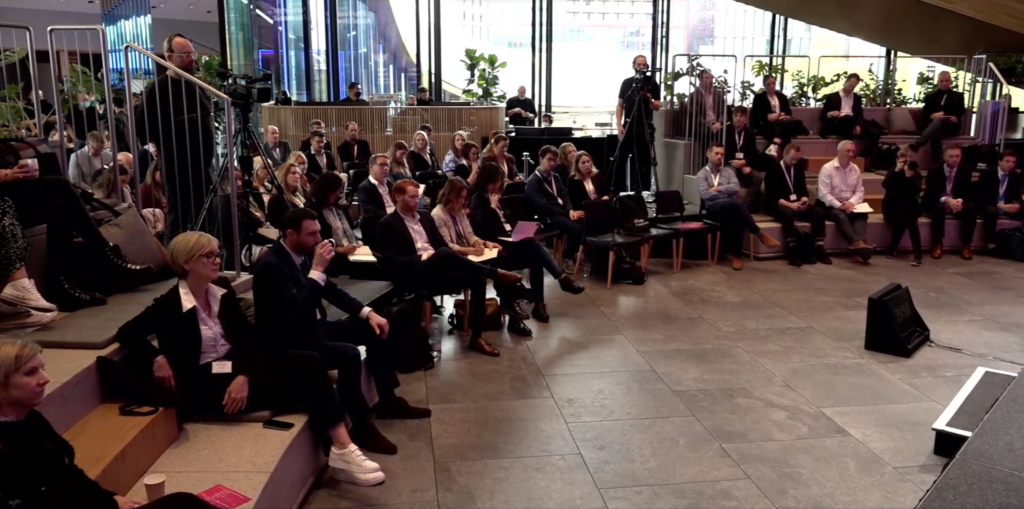
Several panelists urged brands to start diversifying the range of executives responsible for making campaign and product decisions.
"The biggest thing holding back investment when it comes to marketing strategy and media spend ... Who was at that table making that decision?
"If everyone looks the same, has the same experience, you've got a systemic problem.
"Make sure, when you do look around the table that you're looking at different faces, different ages, different genders, ethnicities, experience - otherwise nothing will change."
-- AJ Coyne, head of global brand and creative, Klarna
"When you design your products, your services, the decisions that you make in your businesses, the more bias in that decision-making process, the less accessible it will be to the end user.
"When you're designing things, think about the whole range of human diversity that exists in the world, because we are all consumers."
-- Shani Dhanda, broadcaster and social entrepreneur


